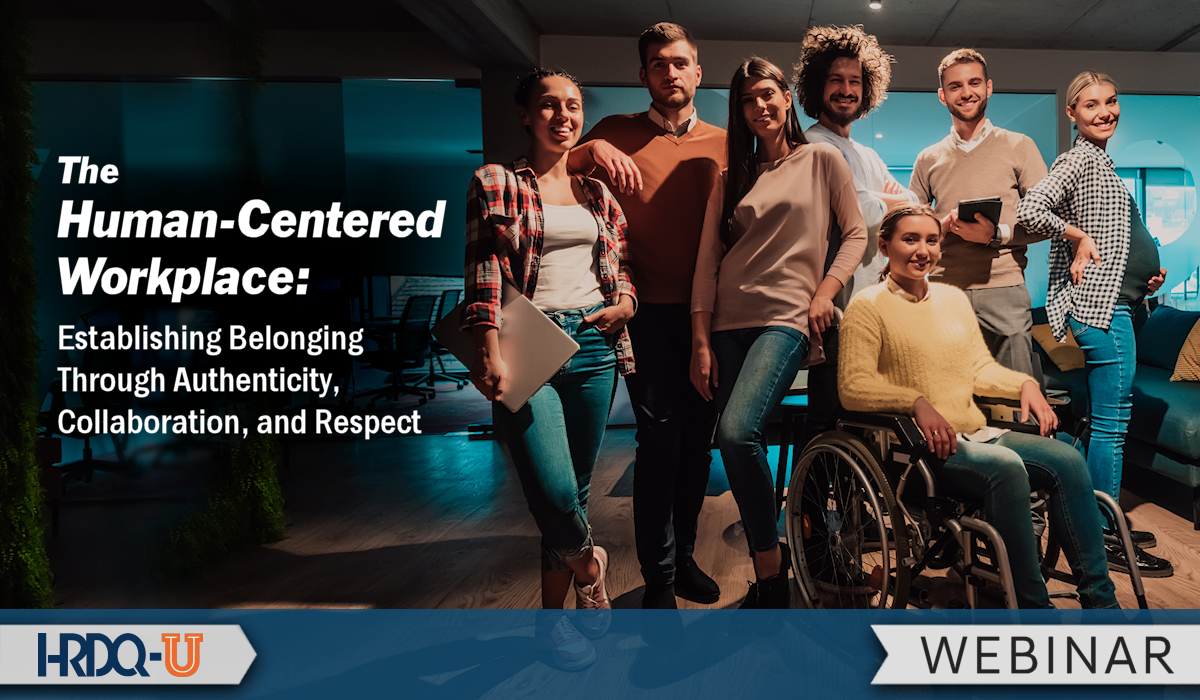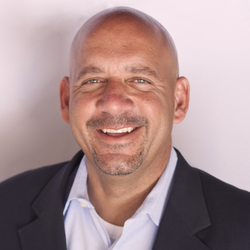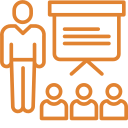In turn, leaders often mistakenly think that putting pressure on employees will increase performance. What it does increase is more stress—research has shown that high levels of stress carry a number of costs to employers and employees alike.
But there is a different way. A new field of research is suggesting that when organizations promote an ethic of kindness and compassion rather than a culture of stress, they may not only see a happier workplace but also an improved bottom line.
Can we train ourselves to care more about others?
Kindness. It’s a concept we all know but few of us do. From a young age, we learned about kindness from our parents as well as through school, books, and friends and family. However, as we grow older, the concept of being kind sometimes escapes our everyday routine for some odd reason. We don’t look at kindness as a necessity anymore but as a task in the “new normal.”
However, in the article “Brain Can Be Trained in Compassion, Study Shows,” researchers at the University of Wisconsin–Madison proclaim that both kindness and compassion are teachable. With enough training and practice, the feeling of love, care, and sympathy can become natural to those who previously had hard exteriors. Up until recently, the areas of the brain contributing to this caring emotion were mysterious. Now, the puzzle is being solved, leading scientists to find neurological changes when practicing kindness occurs.
The more we practice doing nice things, the better we get at it. When we practice kindness, we’re training our brains to get better at spreading kindness as the brain learns that we want to think about being nice. When we help others and do kind acts, it causes our brains to release endorphins, the chemicals that give us feelings of fervor and high spirits, similar to a “runner’s high.” Doing something nice for someone also gives the brain a serotonin boost, the chemical that gives us that feeling of satisfaction and well-being.
Spreading kindness improves our own mood, but as it turns out, our acts of kindness and good deeds may have a larger impact on the world than we initially thought.
Practicing random acts of kindness has a domino effect, according to research done at Harvard and the University of California at San Diego. In the article “Acts of Kindness Spread Surprisingly Easily: Just a Few People Can Make a Difference,” they explain how “One person’s generosity spread first to three people and then to the nine people that those three people interact with in the future, and then to still other individuals in subsequent waves of the experiment.”
Now, more than ever, we need to take the time in our lives to stop, take a deep breath, and remember that kindness is contagious. Kindness inspires more kindness!
Here are a few ideas to get you started at work:
- Surprise your coworkers with a delicious treat on their birthday, work anniversary, or just because.
- Bring coffee or a favorite drink for your coworker who has been working continuously. They need it—trust me.
- If you are near the printer, take the printed document and deliver it to its owner’s desk.
- Convey the positive feedback you’ve heard about someone’s work if they’ve not heard it so far.
- Drop a handwritten thank-you note to someone who has helped you at work.
- Hold the elevator or door for the person who is still far away but in a hurry.
- Offer to step in for the person who has been doing overtime lately.
- Offer to grab dishes from your coworker’s desk if you are heading to the kitchen.
- If you are taking the last cup of coffee, brew another pot before leaving.
- Bring lunch to the person who is “in the zone” (but also needs to eat).
- Clean the microwave (even if it isn’t your mess).
- Smile.
- Take a coworker out to lunch.
- Give a glowing recommendation.
- Organize a charity drive in your workplace.
Employee motivation is an ever-present challenge for most companies, and spreading kindness could be one of the solutions. Just think about what work would be like if each person in your place was purposeful about finding ways to show kindness each day—and was consequently getting hit with that amazing, invigorating feeling regularly.
















